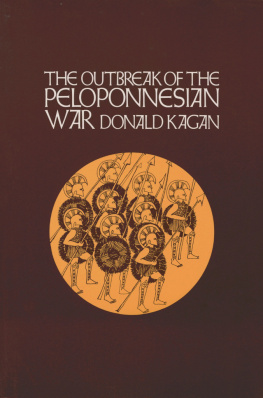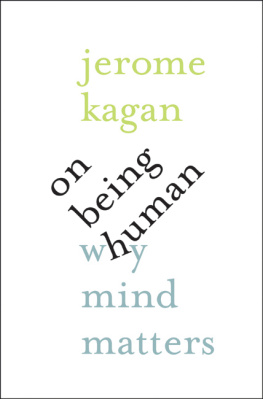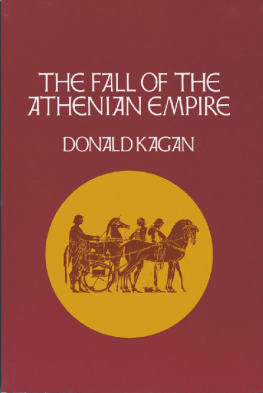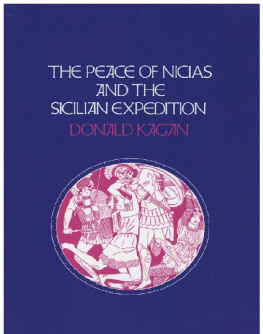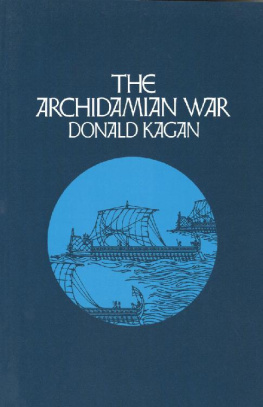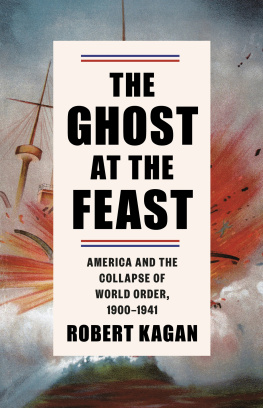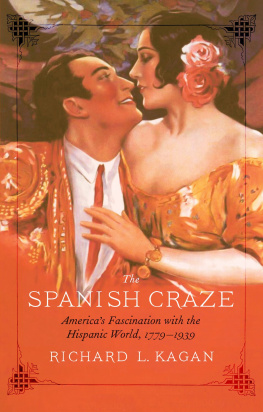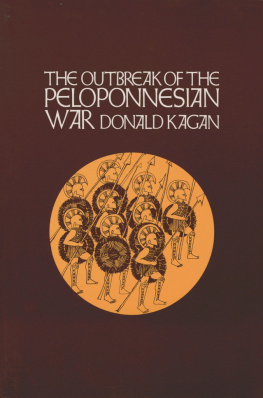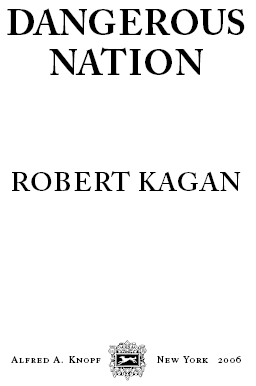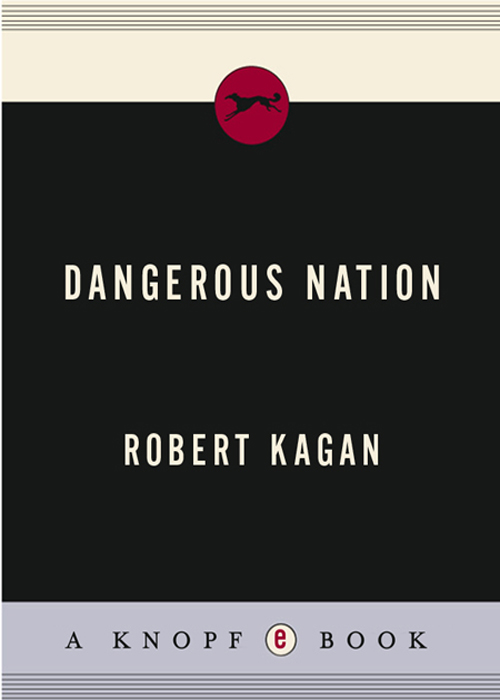
CONTENTS
For Tor
The authors of [the Declaration of Independence] set up a standard maxim for free society, which should be familiar to all, and revered by all; constantly looked to, constantly labored for, and even though never perfectly attained, constantly approximated, and thereby constantly spreading and deepening its influence, and augmenting the happiness and value of life to all people of all colors everywhere.
Abraham Lincoln, June 26, 1857
Introduction
I N 1817 Americas minister in London, John Quincy Adams, reported that [t]he universal feeling of Europe in witnessing the gigantic growth of our population and power is that we shall, if united, become a very dangerous member of the society of nations. They therefore hope what they confidently expect, that we shall not long remain united.
Most Americans today would be surprised to know that much of the world regarded America, even in its infancy, as a very dangerous nation. When they think of the nations relations to the world in the decades before and after the Revolution, the words they tend to conjure are isolation, nonentanglement, neutrality. The early Americans goal, in the famous words of the Puritan father John Winthrop, was to establish a city upon a hill to be emulated by others. Washingtons Farewell Address restated this isolationist core of American foreign policy, opposing foreign attachments and expressing the quintessential American yearning for aloofness from a corrupt and corrupting world. The Monroe Doctrine further reconfirmed this tradition of isolation and separation. Or so it is widely believed.
This was not the way others viewed Americans in the seventeenth, eighteenth, and nineteenth centuries, however. Peoples and nations on the North American continent, in the Western Hemisphere, and in Europe considered Americans dangerous for a variety of reasons. First and foremost was their aggressive and seemingly insatiable desire for territory and dominant influence. In the late 1820s a Mexican commission concluded that Americans were a most ambitious people always ready to encroach upon their Neighbours without a spark of good Faith.
But aggressive territorial expansionism was not the only quality that made the young American republic dangerous in the eyes of others. Of equal if not sometimes greater concern was the danger posed by Americas revolutionary ideology, as well as by the way its liberal, commercial society seemed to swallow up those cultures with which it came into contact. In 1794 the Spanish governor in Louisiana warned that the spread of the American population and culture, both of them advancing and multiplying in the silence of peace, were so much to be feared by Spain as are their arms.
There were many around the world who admired and celebrated the birth of a republic based on the principles of human equality and natural rights. But most of the worlds governments were apprehensive. This federal republic is born a pigmy, the Spanish minister in Paris remarked, but a day will come when it will be a giant, even a colossus. The source of the new nations frightening power, the minister believed, was its republican ideology and government. Liberty of conscience, the facility for establishing a new population on immense lands, as well as the advantages of the new government, will draw thither farmers and artisans from all nations. In a few years we shall watch with grief the tyrannical existence of this same colossus.
Conservative defenders of monarchy and absolutism watched with growing alarm as revolutionary waves rolled back and forth across the Atlantic in the decades following the American Revolution. If this flood of evil doctrines and pernicious examples should extend over the whole of America, Prince Klemens von Metternich warned, what would becomeof the moral force of our governments, and of that conservative system which has saved Europe from complete dissolution? When President James Monroe announced what would become famous as the Monroe Doctrine in 1823, Metternich apprehended that the Americans, whom we have seen arise and grow, had suddenly left a sphere too narrow for their ambition andastonished Europe by a new act of revolt, more unprovoked, fully as audacious, and no less dangerous than the American Revolution itself.
This gap between Americans self-perception and the perceptions of others has endured throughout the nations history. Americans have cherished an image of themselves as by nature inward-looking and aloof, only sporadically and spasmodically venturing forth into the world, usually in response to external attack or perceived threats. This self-image survives, despite four hundred years of steady expansion and an ever-deepening involvement in world affairs, and despite innumerable wars, interventions, and prolonged occupations in foreign lands. It is as if it were all an accident or odd twist of fate. Even as the United States has risen to a position of global hegemony, expanding its reach and purview and involvement across the continent and then across the oceans, Americans still believe their nations natural tendencies are toward passivity, indifference, and insularity.
This lack of self-awareness has had its virtues. It has sometimes made Americas vast power more tolerable to large numbers of peoples around the world, for a nation so unaware of its own behavior may seem less threatening than a nation with a plan of expansion and conquest. But it has also been a problem. Americans have often not realized how their expansive tendenciespolitical, ideological, economic, strategic, and culturalbump up against and intrude upon other peoples and cultures. They are surprised to learn that others hate them, are jealous of them, and even fear them for their power and influence. They have not anticipated, therefore, the way their natural expansiveness could provoke reactions, and sometimes violent reactions, against them.
This lack of self-awareness is a problem in another way as well. Not only have Americans frequently failed to see how their actions could provoke reactions from others. They have not even accurately predicted their own responses. The history of America has been one of repeated surprises, not only at the behavior of others but at the behavior of the United States in response to the actions of others. Many Americans have believed they did not care what happened in most of the rest of the world, and yet when events occured, they found that they did care. In the Howard Hawks movie To Have and Have Not, Lauren Bacall says to Humphrey Bogart, I know, I know, you dont give a whoop what I dobut when I do it you get sore. Bogarts Harry Morgan in that 1944 film was meant to be a symbol for an isolationist America coming out of its isolation, but Bacalls line could summarize four hundred years of American foreign policy.
On balance, Americans would be better off if they understood themselves, their nation, and their nations history better. This applies especially to the early history of American foreign policy. The pervasive myth of America as isolationist and passive until provoked rests on a misunderstanding of Americas foreign policies in the seventeenth, eighteenth, and nineteenth centuries. This book is an attempt to tell a different story that is more about expansion and ambition, idealistic as well as materialistic, than about isolationist exemplars and cities upon hills.
CHAPTER 1
The First Imperialists
Next page

